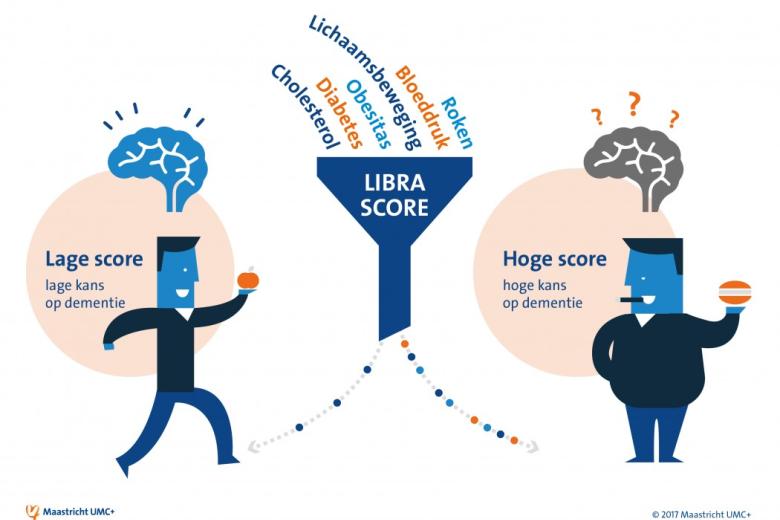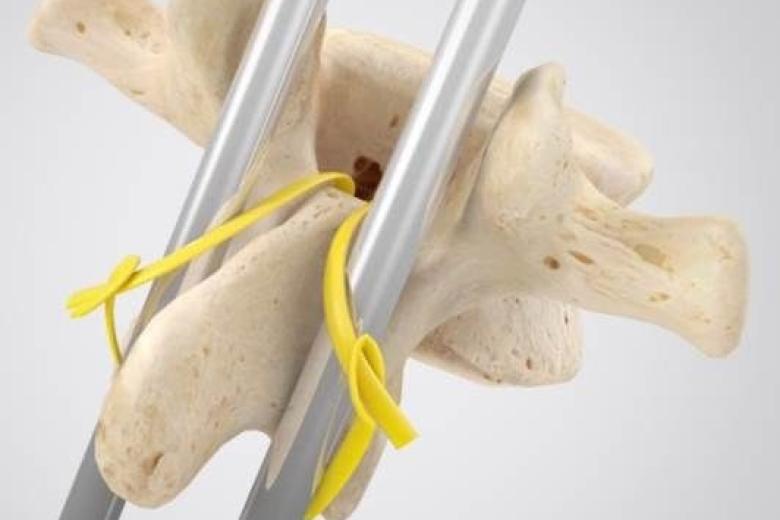Physiotherapy prevents pulmonary attacks in COPD patients
Physiotherapy is the most important clinical intervention for COPD patients. Protocol-based physiotherapy is a targeted treatment method that helps to improve the patient’s fitness level or prevent or delay pulmonary attacks and the associated loss of function. These were the results of a PhD study conducted by clinical epidemiologist, sports scientist, and physiotherapist Emmylou Beekman from Maastricht University Medical Centre+.
Chronic obstructive pulmonary disease (COPD) is a severe and chronic condition that affects roughly 65 million people worldwide. The disease is caused by damage to the lungs, which makes breathing difficult and causes fatigue. Over time, the disease causes pulmonary attacks and a worsening of symptoms, such as coughing, excessive and sticky sputum, and increasing breathlessness. COPD is a chronic disease with no cure. The pulmonary attacks, also known as exacerbations, have an increasingly debilitating effect. Treatment focuses on preventing exacerbations and slowing the inevitable decline in health.
Physiotherapy
Specialised physiotherapy for COPD is a cornerstone of pulmonary rehabilitation, both in the Netherlands and further afield. This therapy aims to prevent pulmonary attacks by improving physical fitness and muscle strength. There are, however, some gaps in the scientific evidence underpinning the effectiveness of this treatment method. Firstly, it is very difficult to demonstrate a direct scientific link between physiotherapy interventions and exacerbations. Secondly, many COPD patients also suffer from other conditions that affect their overall wellbeing, which makes it difficult to isolate and evaluate physiotherapy as a treatment for COPD. Beekman's research uses a treatment group and a control group. The treatment group was given a protocol-based physiotherapy programme that included high-intensity interval training. The control group did not receive physiotherapy, or received a very low-intensity programme that was not expected to generate any results.
Effective
Despite encountering several obstacles in the original research design, it can be concluded that the treatment group experienced significantly fewer, shorter, and less severe exacerbations than the control group. It was also found that protocol-based physiotherapy did indeed improve quality of life. This may also have the added benefit of reducing costs for society. 'The effect may be overestimated, but the observed positive results were significant enough to be attributed to the intervention. This means it was scientifically proven that physiotherapy interventions do indeed make an important contribution to treating COPD,' explains the PhD candidate.
Emmylou Beekman obtained her PhD at Maastricht University on Friday 27 January with her dissertation titled, 'Physical therapy in COPD: effects on exacerbations and influence of comorbidity'.
Also read
-
Capillary damage can lead to depression
The Maastricht Study specialises in conducting microcirculation measurements

-
Individual risk profile could help prevent dementia
Prevention of dementia potentially stimulated by drawing up personal risk profile (MUMC+ news).

-
New plastic fixation cable for scoliosis surgery
Less invasive operation, maximum vertebral growth, and no stray metal particles (MUMC+ news).
